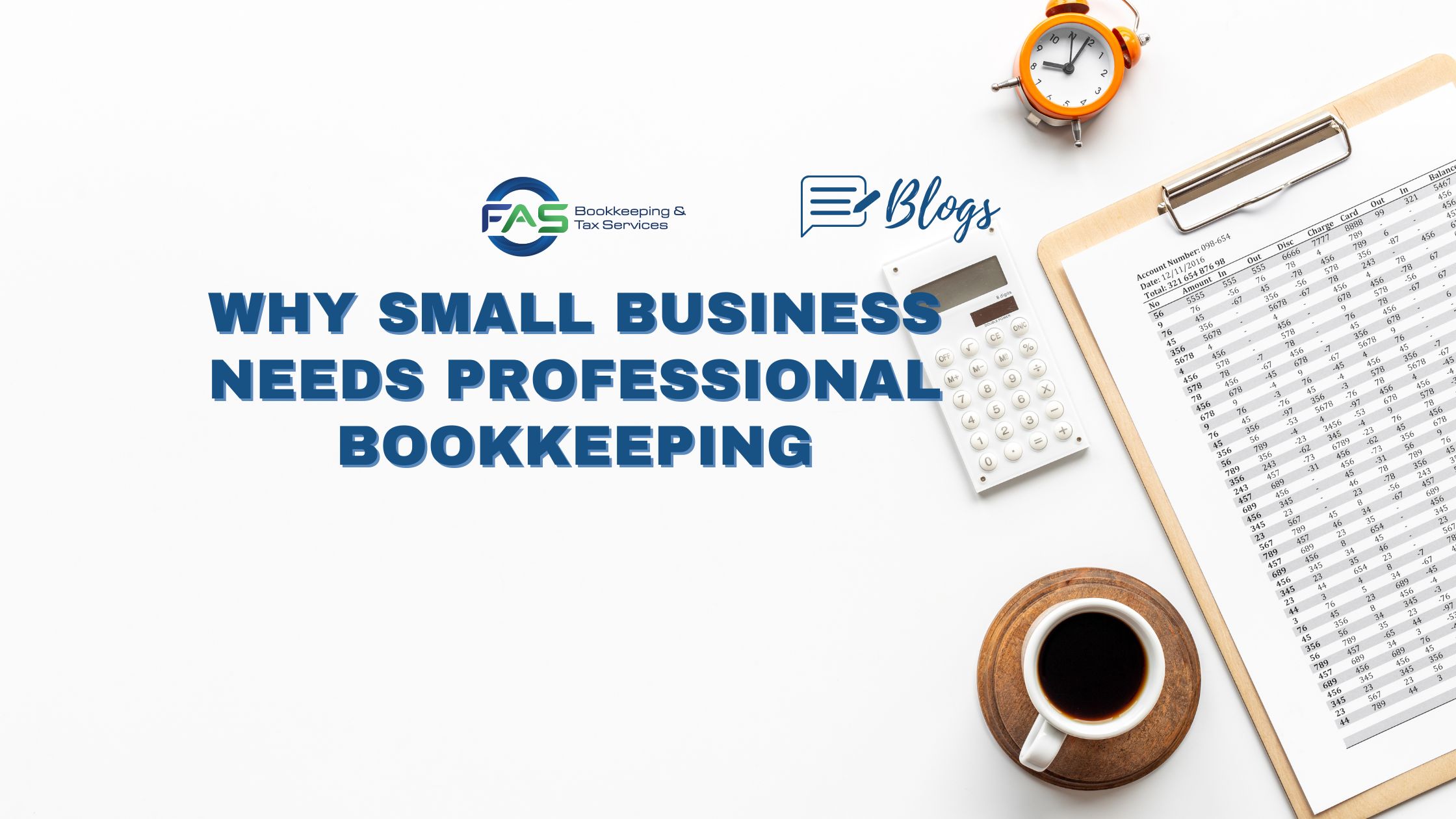Divorce is a painful reality for many people both emotionally and financially, and quite often, the last thing on anyone’s mind is the effect a divorce or separation will have on their tax situation. To make matters worse, most court decisions do not take into account the effects divorce or separation has on your tax situation, which is why it’s always a good idea to speak to an accounting professional before anything is finalized.
Furthermore, tax rules regarding divorce and separation can and do change – as they recently did under tax reform and divorced and separated individuals should be aware of tax law changes that take effect in 2019 (and affect 2019 tax returns).
Who is Impacted
The new rules relate to alimony or separate maintenance payments under a divorce or separation agreement and includes all taxpayers with:
- Divorce decrees.
- Separate maintenance decrees.
- Written separation agreements.
Notes: Tax reform did not change the tax treatment of child support payments which are not taxable to the recipient or deductible by the payor.
Timing of Agreements
Agreements executed beginning January 1, 2019. Alimony or separate maintenance payments are not deductible from the income of the payor spouse, nor are they includable in the income of the receiving spouse, if made under a divorce or separation agreement executed after December 31, 2018.
Agreements executed on or before December 31, 2018, and then modified. The new law applies if the modification does these two things:
- Changes the terms of the alimony or separate maintenance payments.
- Specifically states that alimony or separate maintenance payments are not deductible by the payer spouse or includable in the income of the receiving spouse.
Agreements executed on or before December 31, 2018. Prior to tax reform, a taxpayer who made payments to a spouse or former spouse was able to deduct it on their tax return and the taxpayer who receives the payments is required to include it in their income. If an agreement was modified after that date, the agreement still follows the previous law as long as the modifications do not:
- Change the terms of the alimony or separate maintenance payments.
- Specifically state that alimony or separate maintenance payments are not deductible by the payer spouse or includable in the income of the receiving spouse.
Tax reform made an already complicated situation even more so. If you have any questions about the tax rules surrounding divorce and separation, don’t hesitate to call.




